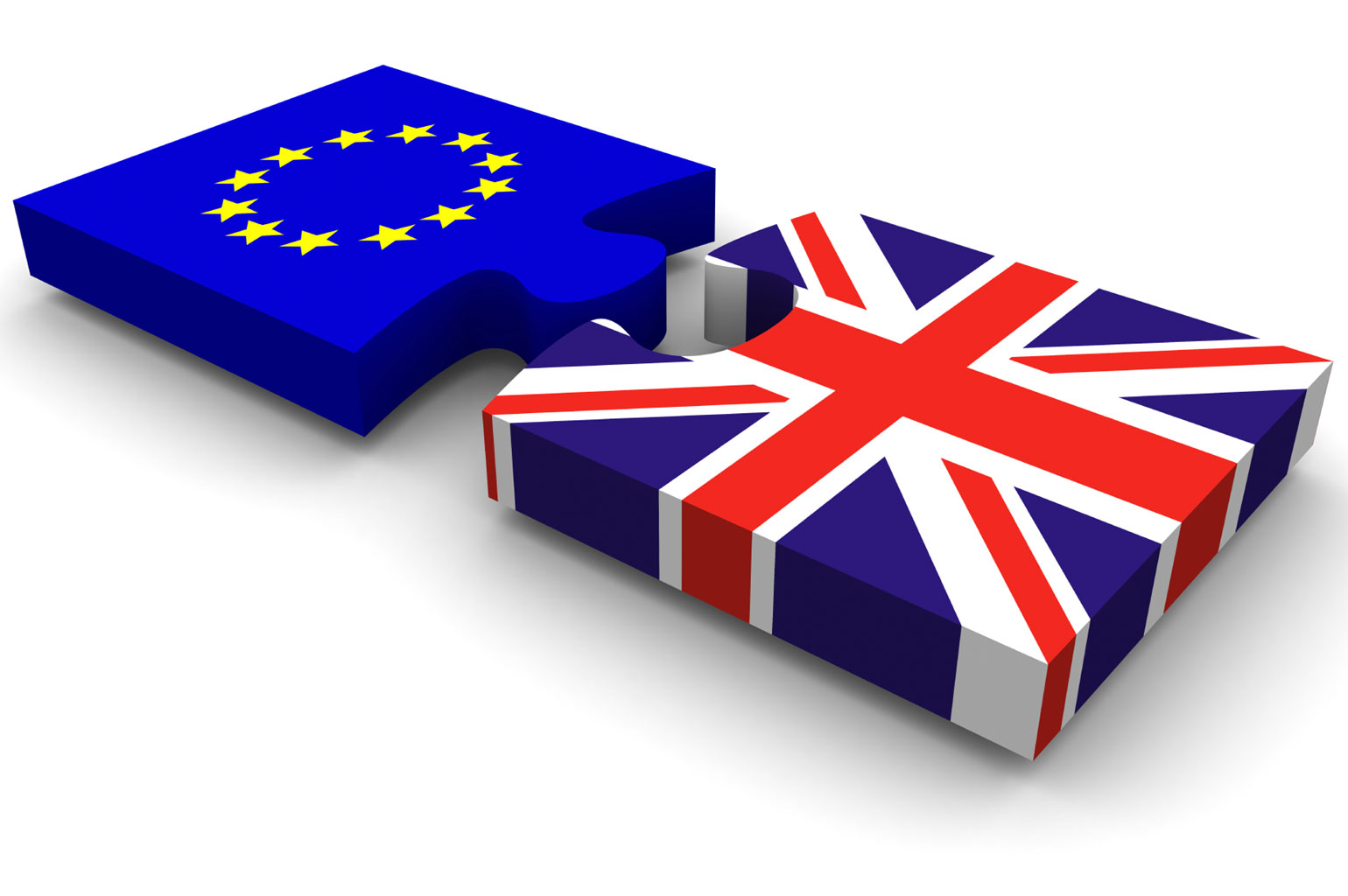 Today, the 4th annual conference of Premier Cercle regarding the Unitary Patent and the Unified Patent Court took place in Munich. It will be no surprise that the outcome of the UK referendum was the “elephant in the room” during the conference. Nevertheless, everybody in the room agreed that the UK political situation may and shall not block the coming into existence of the unitary patent package.
Today, the 4th annual conference of Premier Cercle regarding the Unitary Patent and the Unified Patent Court took place in Munich. It will be no surprise that the outcome of the UK referendum was the “elephant in the room” during the conference. Nevertheless, everybody in the room agreed that the UK political situation may and shall not block the coming into existence of the unitary patent package.
EPO President Benoit Batistelli set the scene by stressing that the EPO – thanks to the work of Jérôme Debrulle as chair of the select committee of the EPO – is ready for the unitary patent. Jérôme Debrulle (Belgium) repeated the important decisions on the renewal fees, the distribution of the renewal fees, the financial and budgetary rules and the rules on unitary protection, taken by the member states on 15 December 2015. In September 2016, the select committee shall discuss the first Unitary Patent draft budget and follow-up on the IT-system that will be used to file requests for unitary protection. In September 2016, the select committee shall also publish a table with an overview of the national rules that are in place in the member states and relate to the Unitary Patent (e.g. safety net for late rejection of a UPP request by the EPO or the UPC, approaches of double protection by a European patent with unitary effect and a national patent and the territorial scope of the Unitary Patent Protection in some Member States which have some parts of their territory which don’t form part of the European Union).
The chair of the UPC Preparatory Committee, Alexander Ramsay (Sweden), admitted that he experienced on 24 June 2016 the unexpected result of the UK referendum as his “midsummer nightmare”, referring to the midsummer festivities in Sweden on the same date. Nevertheless, after the first shock of the UK referendum, the general attitude of the members of the Preparatory Committee is to “keep the head cool”. There are several scenarios to deal with the Brexit ghost. The most positive scenario would be that the UK ratifies the UPC agreement in the upcoming months, irrespective of their political decisions on a possible Brexit. That way the institutions of the UPC can be set up. If during the process of Brexit, certain modifications are needed to the UPC agreement, the administrative committee (with a vote for the UK) can take a decision on these measures. The most negative scenario would be to wait until the UK has left the EU. Even if the UK does not ratify the UPC in the upcoming months, the member states have possibilities to react by amending the UPC Agreement. Mister Ramsay concluded by saying “We have come a long way. We are now at the door step. Let’s make this happen.”
Max Brunner (Ministry of Justice – France) pointed out why the good work has to be kept up: “The project is good for business. Therefore we have to carry on.” To give the good example, the French magistrates training center organized today and tomorrow in Paris an English seminar for the French candidate judges.
Margot Fröhlinger recalled in her speech the steeple chase the route to the unitary patent package has been. The number of hurdles that have been overcome is impressive. It started with the rejection of a lot of member states of the predecessor of the UPC agreement. Then there was the language discussion for unitary patents, the opinion of the CJEU on a unified patent court, the system of the enhanced cooperation to resolve the deadlock regarding the language regime, the legal actions of Spain (and at first also Italy) before the CJEU, and recently the difficult discussions regarding renewal fees and distribution of renewal fees among the member states. The reason why it was possible in the past to take these hurdles is simply because the user community wanted and still wants this system. Also during this conference, none of the available users and companies expressed reticence to continue with the unitary patent package. The UK now has to take certain political decisions. Whatever they decide, the UPC will go ahead. The baseline of this conference could easily have been: where there is will, there is a way.
________________________
To make sure you do not miss out on regular updates from the Kluwer Patent Blog, please subscribe here.


